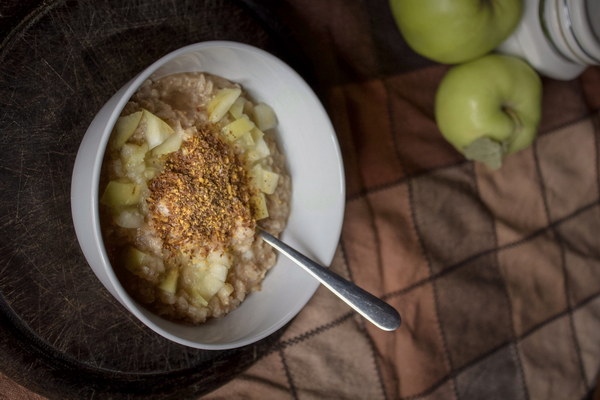Does Licorice Have the Ability to Clear the Lungs
Licorice, known scientifically as Glycyrrhiza uralensis, has been a staple in traditional Chinese medicine for centuries. It is renowned for its ability to treat a wide range of ailments, from coughs and colds to stomachaches. One of the most intriguing properties of licorice is its potential to clear the lungs. But does licorice really have the ability to clear the lungs? Let's delve into this topic and explore the evidence behind this claim.
Licorice, as a natural herb, contains a compound called glycyrrhizin, which is thought to be responsible for its therapeutic properties. This compound has been found to possess anti-inflammatory, expectorant, and antimicrobial properties, which could potentially explain its ability to clear the lungs.
One of the primary ways licorice is believed to clear the lungs is through its expectorant properties. An expectorant is a substance that helps to loosen and expel mucus from the respiratory tract. When mucus builds up in the lungs, it can lead to a variety of respiratory issues, such as coughs, bronchitis, and asthma. By thinning the mucus and making it easier to cough up, licorice may help to alleviate these symptoms.
Additionally, licorice has been found to have anti-inflammatory properties. Inflammation is a common response to infections and other lung conditions. By reducing inflammation in the lungs, licorice may help to alleviate symptoms and promote healing. This is particularly beneficial for individuals suffering from chronic lung diseases, such as chronic obstructive pulmonary disease (COPD) or asthma.
Furthermore, licorice's antimicrobial properties may also play a role in its ability to clear the lungs. By combating bacteria and viruses that cause respiratory infections, licorice can help to prevent and treat lung-related illnesses.
While there is evidence to suggest that licorice may have lung-clearing properties, it is important to note that more research is needed to fully understand its effects. Some studies have found that licorice may be effective in treating respiratory conditions, while others have yielded mixed results. It is also essential to consider the potential side effects and interactions of licorice, especially when used in combination with other medications.
One of the potential side effects of licorice is the risk of increased blood pressure. Glycyrrhizin can interfere with the body's regulation of blood pressure, leading to hypertension in some individuals. For this reason, it is crucial to consult a healthcare professional before starting a licorice regimen, especially if you have pre-existing health conditions or are taking other medications.
In conclusion, while there is some evidence to support the claim that licorice may have the ability to clear the lungs, further research is needed to fully understand its effects and potential benefits. If you are considering using licorice as a treatment for a lung-related condition, it is important to consult with a healthcare professional to ensure that it is safe and appropriate for your specific situation.

In traditional Chinese medicine, licorice is often used in combination with other herbs to create personalized formulas that target specific health concerns. For example, licorice is frequently paired with other expectorant and anti-inflammatory herbs, such as mulberry and peppermint, to enhance its lung-clearing effects.
As with any natural remedy, it is important to use licorice responsibly and under the guidance of a healthcare professional. While licorice may offer some benefits for lung health, it is not a substitute for conventional medical treatments and should be used as a complementary therapy rather than a replacement for prescribed medications.
In the world of natural medicine, the potential for licorice to clear the lungs is an intriguing area of research. As more studies are conducted and the evidence continues to accumulate, we may gain a better understanding of this ancient herb's potential benefits and limitations. In the meantime, those seeking relief from lung-related conditions may find some hope in exploring the potential of licorice as a complementary treatment option.









